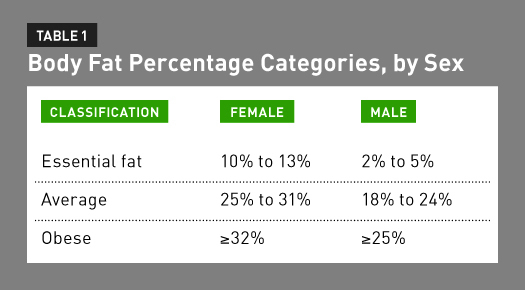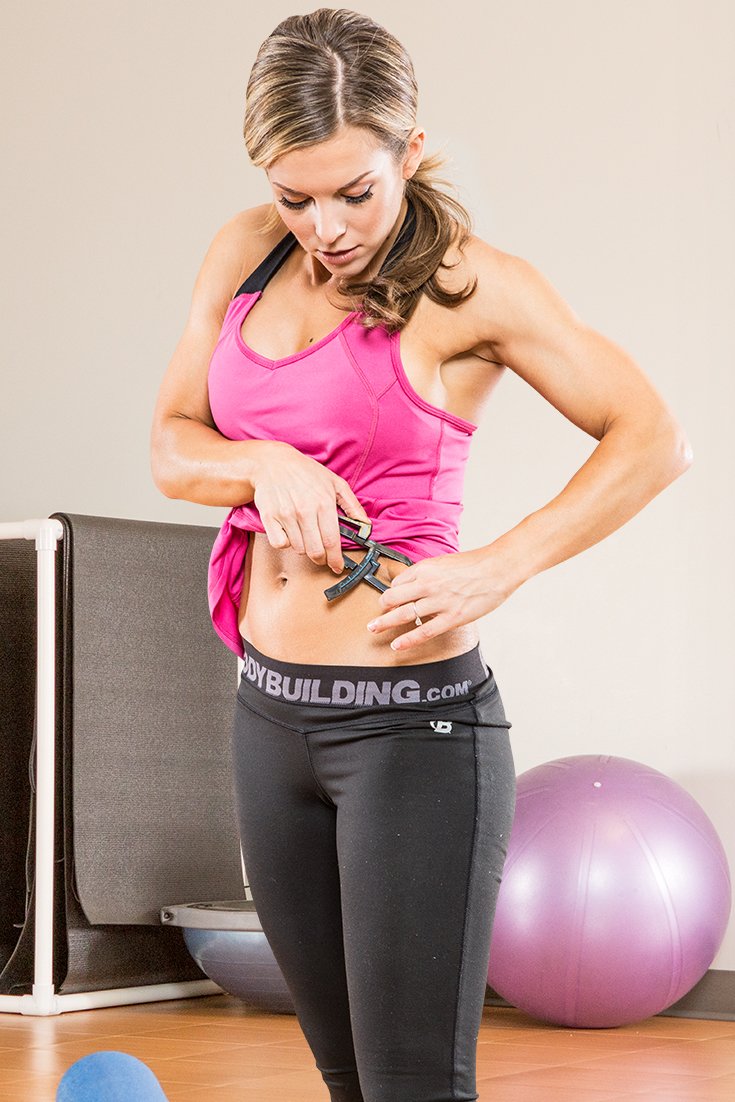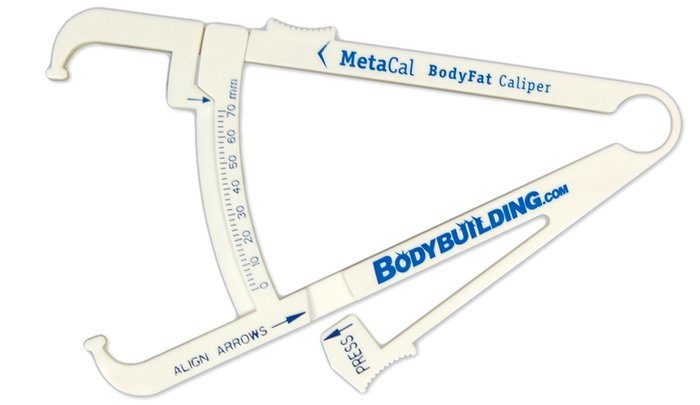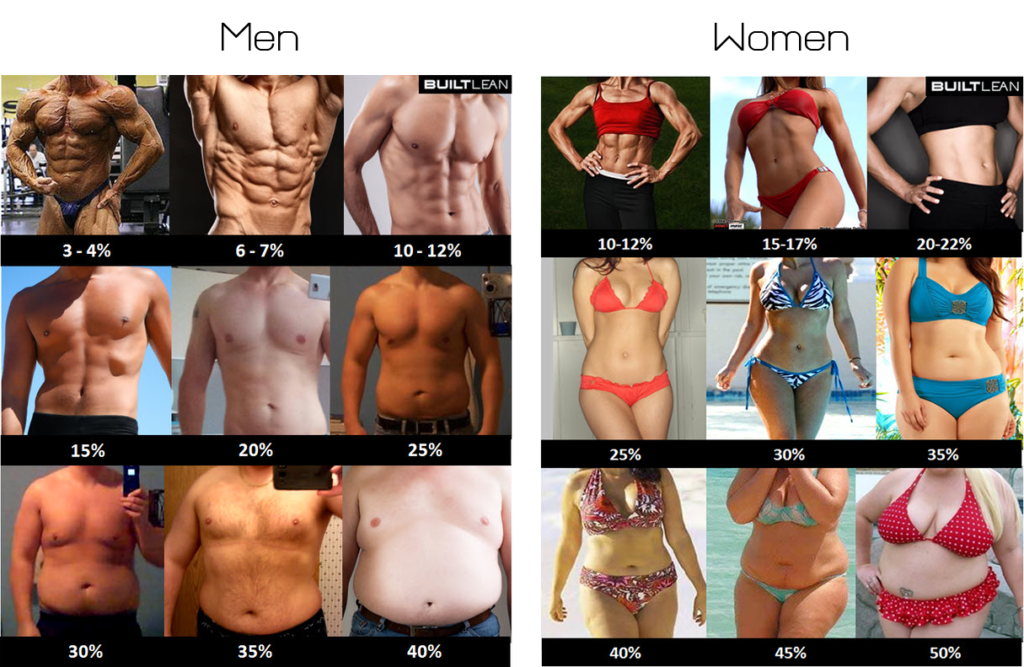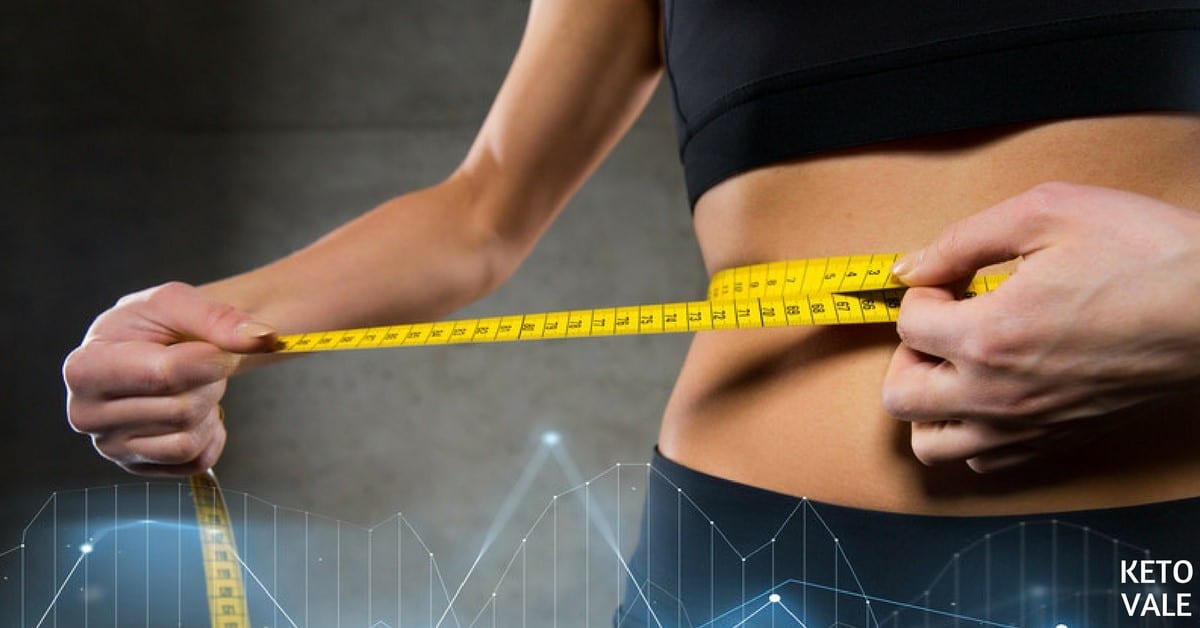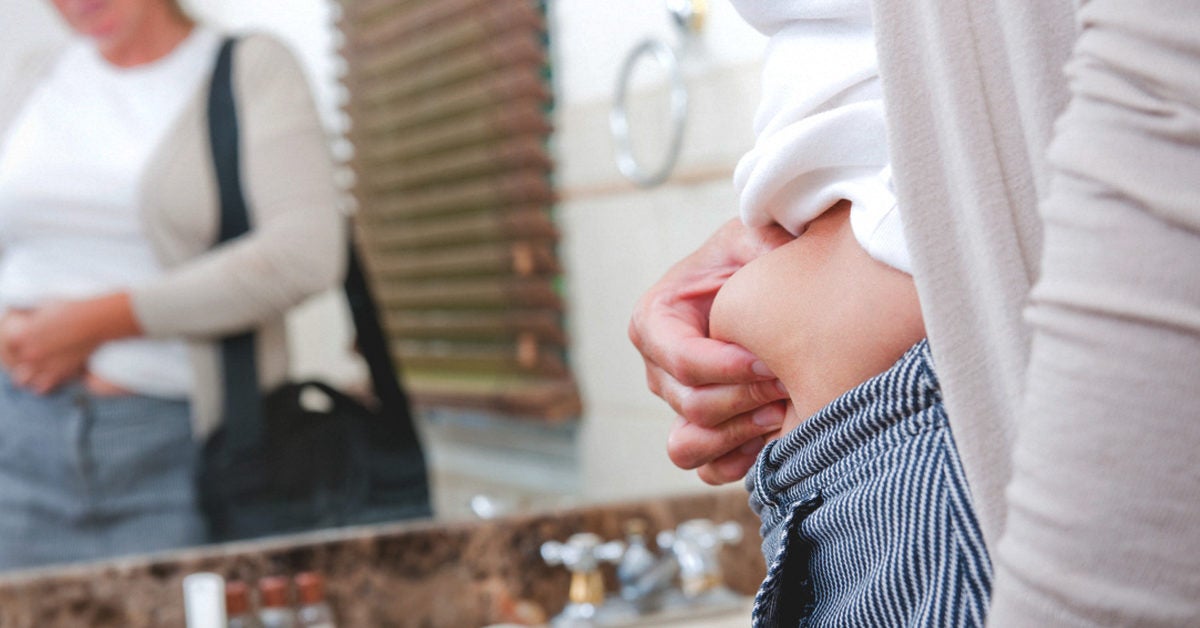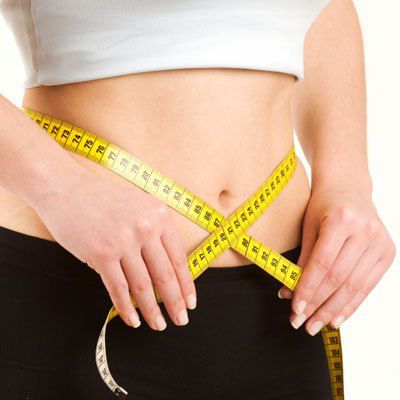
Hydration And Body Fat Measurement
Many scales will track your water weight each and every time you weigh yourself. For an adolescent it is expected to be slightly higher. If you measure your fat mass after sweating profusely you will inevitably have a lower percentage of body fat. It is measuring hydration based on the information it is fedheight the weight it gets from the scale and the pulse it sends through you to measure fluid and body fat. Calculating body fat percentage isnt always completely accurate and there are many methods to try. This is especially significant after completing a vigorous workout routine.
The researchers further concluded thatalthough the correlation requires further probing their findings should encourage clinicians to consider hydration as a cornerstone of a weight loss diet. Body fat scales are easy to use. Meanwhile studies have found that increasing water intake can lead to greater weight and fat loss than dieting alone. For an adult body water is expected to be 69 74 of lean body weight. Hydration status can be useful when reviewing the results of a body composition test. Not only are these benefits but if they are useful for you they are totally worth looking for in a body fat percentage scale.
That means that your changing level of hydration can have a significant effect on the body fat reading that you get. Such scales work with the help of sensors underneath. Hydration affects the reading of these scales because the electrical signal will pass slower or faster through a fat free tissue depending on the concentration of electrolytes in that tissue concentration of electrolytes goes up in dehydrated tissue. Well talk about the healthy range for men and women and the limitations. A reading below 69 may indicate dehydration and result in a fat weight reading that is 3 5 too high. This will help you compare your weight to your body fat and see how much of it is actually just water.
You simply step on the scale and the tool measures both your body weight and your estimated fat percentage. Overweight and obese adults were assigned a reduced calorie diet where one group was required to drink 500ml of water prior to every meal and the other group had no fluid. Find out if youre getting enough water to keep your metabolism cranking at peak efficiency and your digestive system functioning well. Drinking more water will usually help you lose weight.
Random Post
- body measurement tape amazon
- fitness body measurement guide
- body measurements ideas
- signa mae body measurements
- neetu singh body measurement
- brittany murphy body measurements
- midway body measurement
- sitara hewitt body measurement
- what is not a routine body measurement
- ideal protein body measurement chart
- draw my body shape measurements
- omron body measurement
- bravado bra measurement
- body measurements armhole
- bra size waist measurement
- bra size measurement centimetres
- christina aguilera body measurement
- sarah michelle gellar body measurement
- body measurement nvidia
- measurement on body
- how to take your own bra measurement
- body fat measurement portland
- body measurement dakota blue richards
- body measurements average cm
- ifg bra measurement chart
- kristen stewart body measurements
- hyomin body measurement
- all body measurements
- bra measurement conversion
- farrah abraham body measurement
- oprah winfrey body measurements
- body fat measurement grande prairie
- body stats measurements
- circumference measurement body fat
- sandra bullock body measurement
- body measurement ct scan
- manjima mohan body measurement
- body measurement cbr
- 6 year old body measurements
- meera body measurement
- rachana banerjee body measurement
- lorena rae body measurements
- ah body measurement
- jisoo body measurement
- tape for body measurements
- natalia dyer body measurement
- arduino project body temperature and pulse measurement
- body measurement machine learning
- bruno mars body measurements
- batista body measurement








